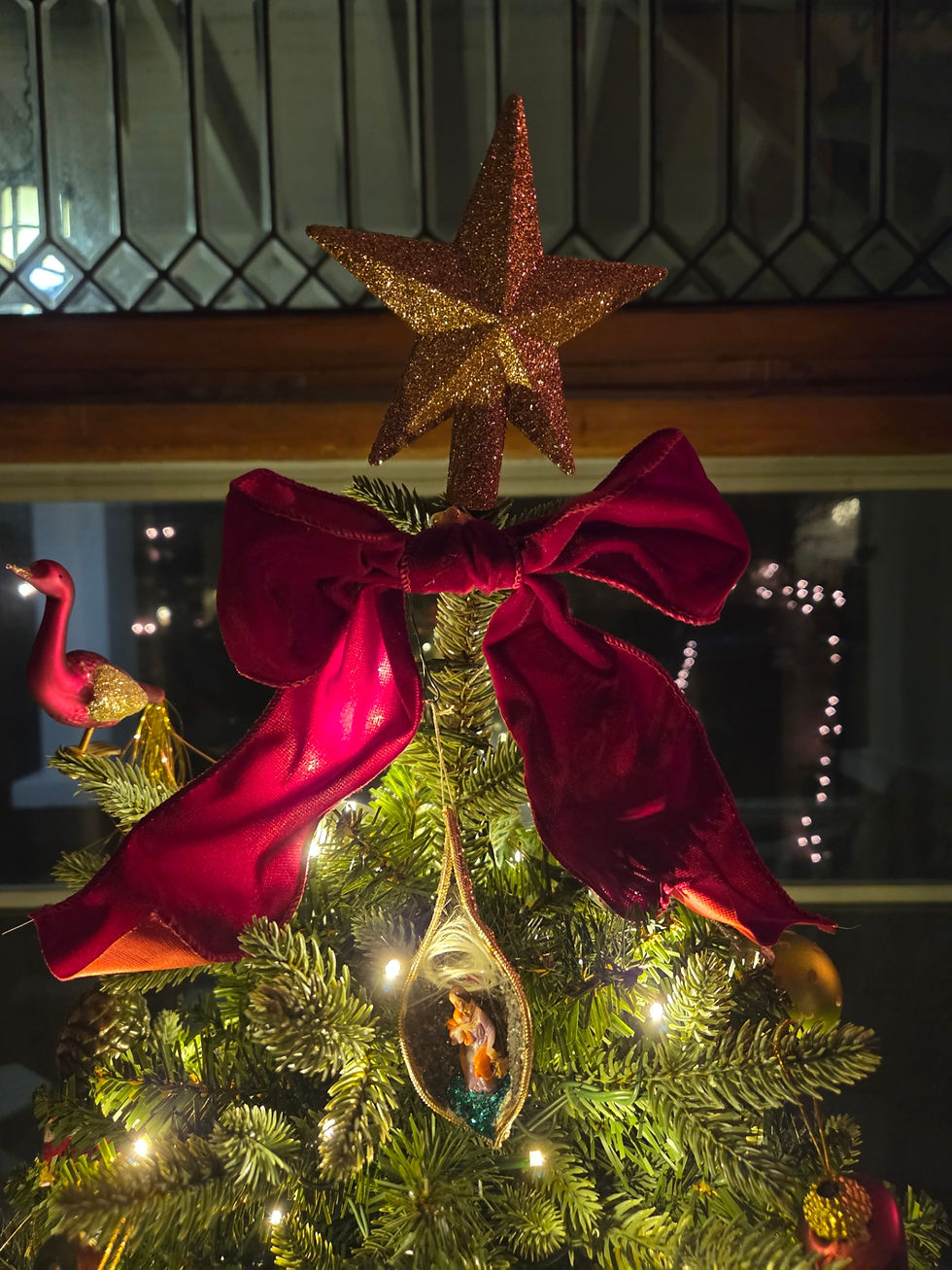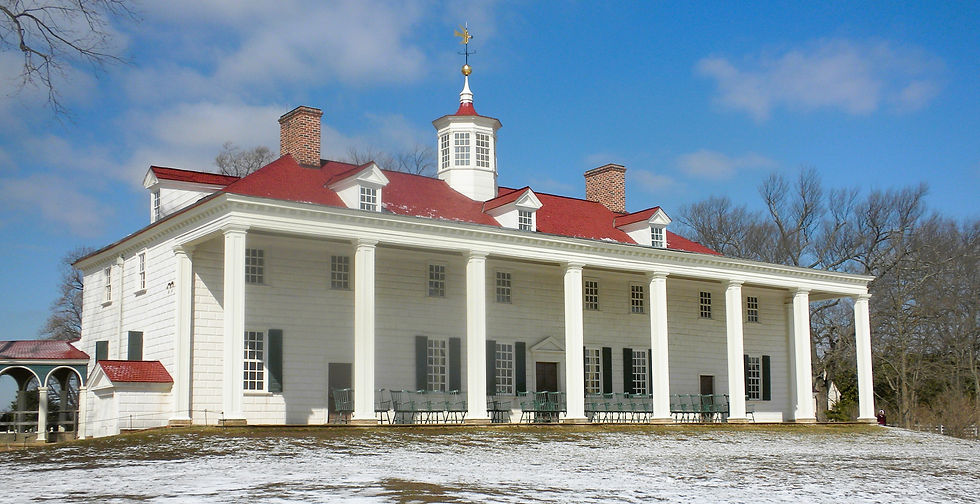Gratitude Friday 3 17 23 - The COVID Pandemic Triennial
- Bill Stauffer

- Mar 17, 2023
- 4 min read

Three years ago, the state of PA and much of the rest of nation went on COVID lock down For many of us, it registers as one of those “before and after” moments in history, similar to 911. That it was going to happen was not a surprise to me. On Christmas Morning 2019, I recall first reading a small blurb about a strange communicable virus that jumped species in China. I delved into it. I quickly saw the high community transmission rate and long gestation period. It was easy to see that it was coming our way no matter what. By March, it was here. Commerce shut down and society went into isolation. Essential workers experienced high infection, high mortality rates and a lot of trauma in part because of the politicization of the pandemic. I know that there is a still a lot of controversy. Ultimately, I believe that people made the best decisions they could given what they knew and their perceptions. This is post is not intended to stir those pots.
It is becoming increasingly evident that the “main event” of the pandemic is trauma and stressor related. It may take up to a decade to unfold. We still lack the infrastructure and workforce to cope with what is happening. Early recognition of these dynamics can assist us to be better prepare. This would be a good time to ramp up our response in an all hands on deck manner, while we recruit and train new workers and invest in our MH & SUD care infrastructure. In parallel with our initial containment efforts, we seem to be not doing enough, at least so far, but hope springs eternal.
Crises bring risk and opportunity. They can bring people together and foster resiliency or they can shatter communities. This presents us with the opportunity to positively influence the outcome. What more can we ask for from the universe?
One the first Anniversary of the pandemic, I posted this piece thinking we were seeing an end to what was unfolding, at least the worst parts. I spoke about how the impact the isolation had on us and what we could learn from what we know about resilience. Including that the World Health Organization found the trauma impact as more significant than World War II. Yet, despite all this, we are in a moment of opportunity. I also noted this study reported on in Science Daily of 385 caregivers in the UK and Portugal suggests that being forced to slow down life, as a consequence of lockdown, has had significant, positive impacts for many people. Their responses fell into four key areas:
· 48% described a growth in family relationships, including spending more time together as a family, had more involvement in their children's lives, and felt closer, whilst also feeling more connected to other family members.
· 22% described feeling a greater appreciation for life, involving the re-assessment of their personal values and priorities and the opportunity to reconsider what's really important.
· 16% described spiritual growth, which involved a greater engagement with fundamental, existential issues. This included a greater appreciation for others (in particular health and essential workers), a 'stronger sense of community and an 'acknowledgement of inequalities' (in particular outdoor space).
· 11% described embracing new opportunities, which was reflected in comments about changes in working practice, involving positive 'changes in attitudes to home working' and the adoption of a better work/life balance.
This year, I participated in a Stanford Mind & Body Lab study examining the pandemic and predictors of wellness. I am one of those odd people who dutifully filled out the series of surveys. I found a story on their work noting that mindsets developed in the first 10 days of the COVID-19 pandemic influenced people’s emotions and health behaviors – and ultimately predicted their well-being six months later. It is kind of cool in a nerdish way to be part of this data set. That our attitude influences our wellness is consistent with what I have learned in recovery and in my view, empowering.
I find the Stanford Survey results fascinating. Two things that I see as central to my mindset. One is that I am no stranger to trauma and maintain a relatively high level of situational awareness. This does not always serve me well, but I used my early awareness to do everything I could to prepare myself and those around me for what I saw coming. The second was that I saved a person’s life who was choking a few days preceding lockdown. It was traumatic, but I saved a life. This led me to a focus on self-care during those early days and left me with deep empathy for what all the first responders, medical, and human service workers around the nation were dealing with. I made good on my resolution to help the helpers within a year of the outbreak. It also helped me immensely to be part of the solution rather than a passive participant. The latter is an addiction recovery lesson for me. Always try to do the next right thing no matter what you are facing, or as Winston Churchill once said, “if you are going through Hell, keep going.” One of my “go to” coping strategies is spending time in nature. The photo here is one I took on a pandemic isolation respite.
I am grateful to have made it this far in life. We do not choose the era we live in or the challenges we face, but we do get to decide how we will respond to what occurs. I am grateful for the lessons in life that have prepared me to keep going, no matter what.
What are you grateful for today?










Comments